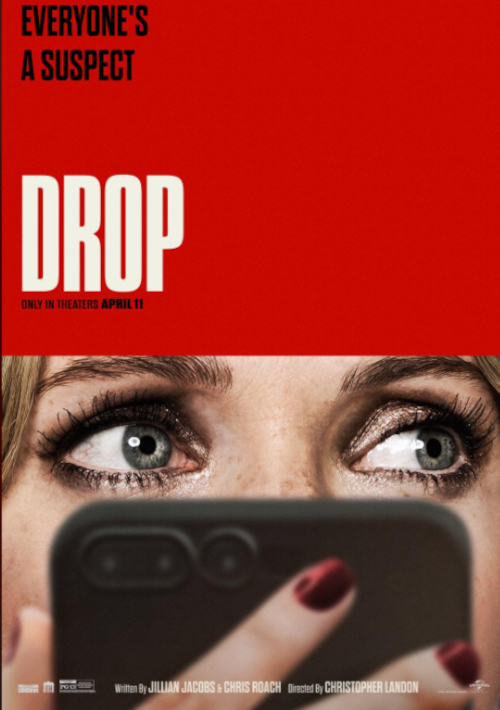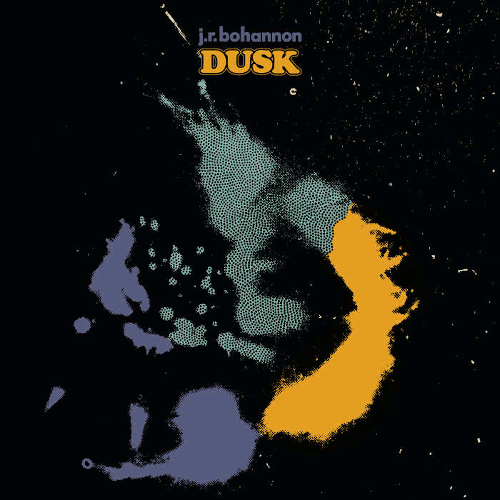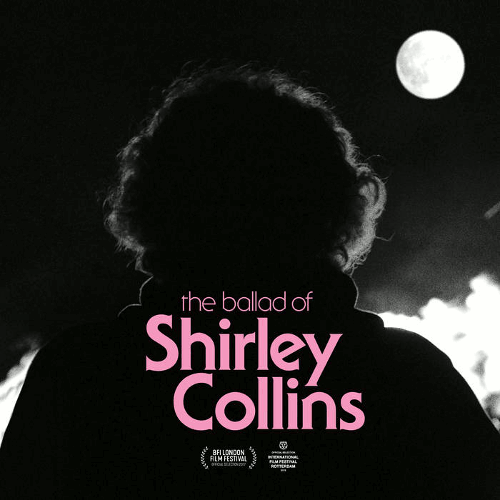 “Single mum seeks cute, kind man with GSOH; let’s meet in penthouse restaurant for drinks, giggles and … MORE??” At least that’s how Violet hopes her evening will go, until ‘more’ turns out to be a mysterious text message revealing that her young son’s being held hostage and the only way she’ll get him back is to murder her rather promising date.
“Single mum seeks cute, kind man with GSOH; let’s meet in penthouse restaurant for drinks, giggles and … MORE??” At least that’s how Violet hopes her evening will go, until ‘more’ turns out to be a mysterious text message revealing that her young son’s being held hostage and the only way she’ll get him back is to murder her rather promising date.
Standard misdirection techniques, such as a harmless knock at the door amplified to sound like God’s own gavel, are used sparingly and therefore seldom distract from the level of realism required to ground the enjoyable peregrinations of the plot. Acts of physical violence (as opposed to the psychological torture Violet is subjected to) are underhandedly sanitised by the push-pull of razor-sharp editing at the point of contact and bone-crunching, gut-squeezing foley effects. Meanwhile, Bear McCreary’s ticking-clock music score keeps us right on the precipice with her.
As the vexed heroine, Meghann Fahy channels something of the young Michelle Pfeiffer, not only in looks, but in emotional depth and an unflappable manner. All the better to retain our sympathy when her unseen assailant’s Simon-says demands grow scarier and less feasible, and her paranoia has her interrogate and dismiss one potential antagonist after another. Across the desirable window-side table, Brandon Sklenar presents as a common-or-garden self-effacing nice guy, a lost Baldwin brother whose microscopic hints of discomfort could be malevolence as easily as embarrassment.For those increasingly rare specimens among us who believe that the smartphone is the work of the devil (and who don’t even understand what strange techno-sorcery the film’s title refers to), Drop has a head start in wielding social media as a tool to torment us in the most direct ways possible. For normal people, it’s a stylishly directed, smartly written and surprisingly unpredictable thriller whose explosive dynamic range allows it to play on your nerves like a xylophone.
-Stew Mott-



